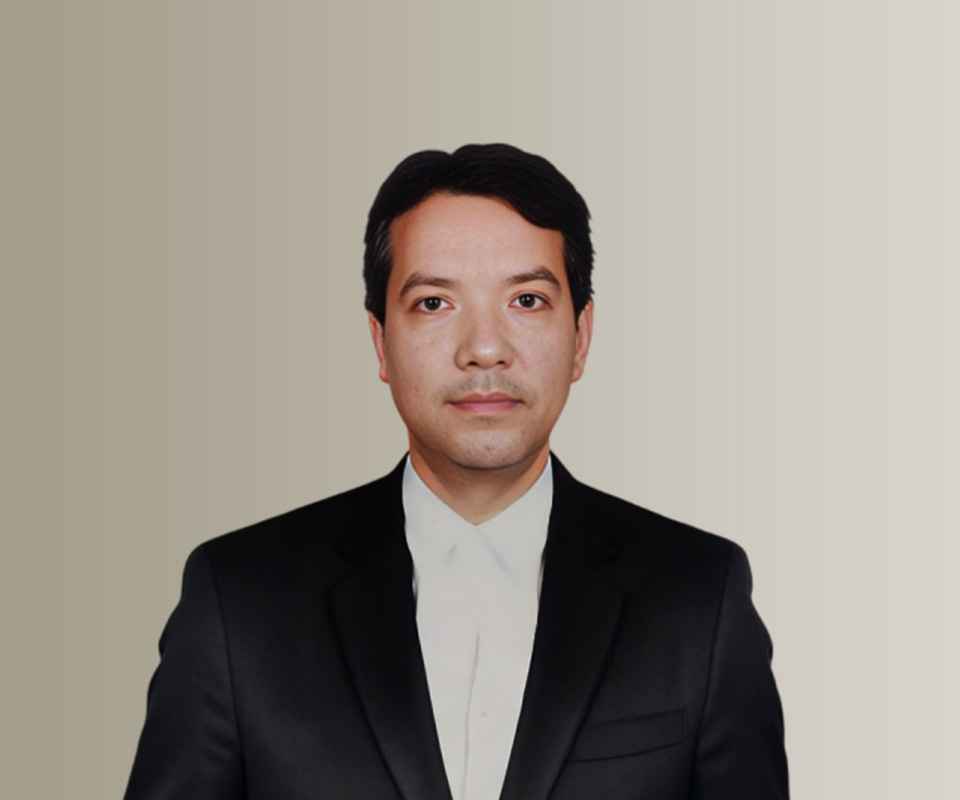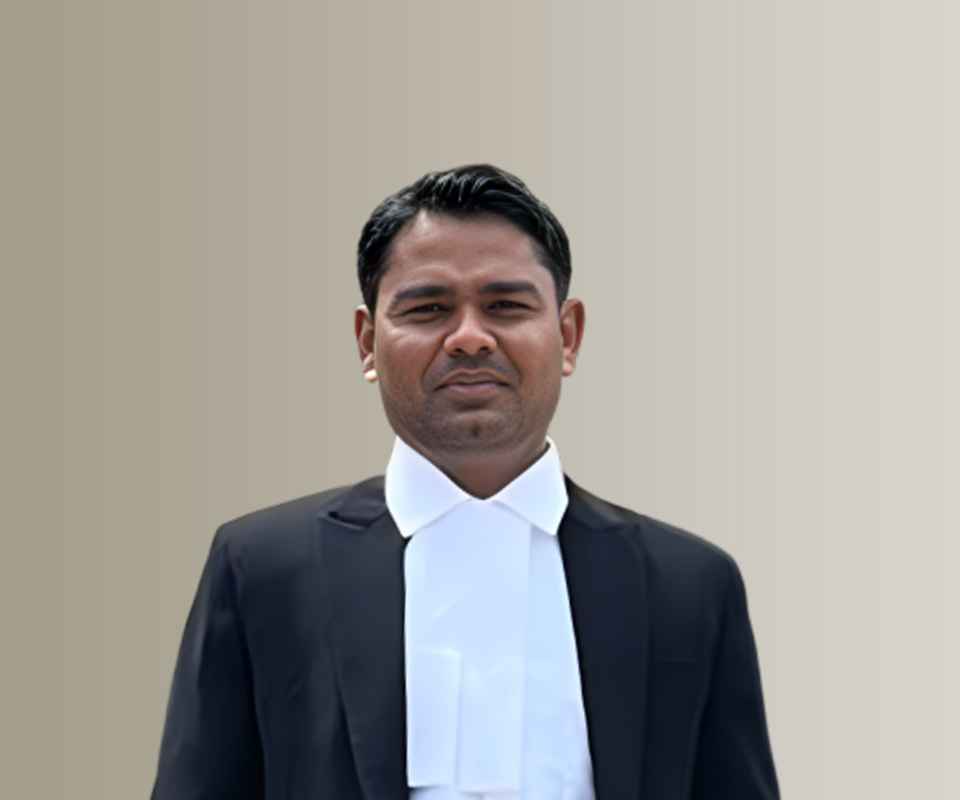Answer By law4u team
In divorce mediation, a counselor plays a supportive and facilitative role to help the divorcing couple navigate the emotional and communication challenges associated with the dissolution of their marriage. While divorce mediators are primarily responsible for facilitating negotiations and agreements related to the legal aspects of the divorce, a counselor may be involved to address the emotional and interpersonal aspects of the process. Here are some key roles that a counselor may play in divorce mediation: Emotional Support: Divorce is often emotionally challenging for both parties involved. A counselor can provide emotional support, helping individuals cope with the stress, grief, anger, or other emotions associated with the divorce. Communication Facilitation: A counselor can assist in improving communication between the divorcing couple. Effective communication is crucial for successful mediation, and a counselor can help individuals express their feelings, needs, and concerns in a constructive manner. Conflict Resolution: Mediation aims to resolve disputes amicably, but conflicts may arise. A counselor can help the couple navigate conflicts by providing tools for effective conflict resolution, fostering understanding, and promoting compromise. Co-Parenting Assistance: If the divorcing couple has children, a counselor may assist in developing a co-parenting plan. This involves helping parents establish effective communication strategies and parenting arrangements that prioritize the well-being of their children. Decision-Making Support: A counselor can assist individuals in making important decisions related to the divorce by helping them clarify their priorities, values, and long-term goals. Managing Power Imbalances: In some cases, there may be power imbalances between the parties. A counselor can help ensure that both individuals feel heard and that the mediation process is fair and equitable. Referral for Additional Support: If necessary, a counselor may refer individuals to additional professional support services, such as therapists, financial advisors, or legal professionals, to address specific needs outside the scope of the mediation process. It's important to note that while a counselor can provide valuable support during divorce mediation, they are not a substitute for legal advice. Legal matters should be addressed by consulting with a family law attorney. The collaborative efforts of a mediator, counselor, and legal professionals can contribute to a more comprehensive and holistic approach to divorce resolution, addressing both the legal and emotional aspects of the process.








